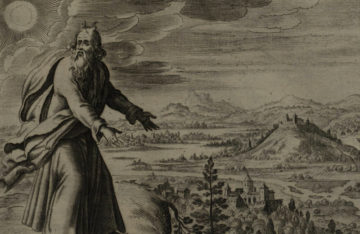 Suzanne Schneider in Late Light:
Suzanne Schneider in Late Light:
For a word so laden with meaning, promise is a remarkably slippery term to define. A promise is a guarantee of sorts, but also one that can be broken, as in the child’s frequent retort—“But you promised!”—when the hoped for proves untenable. In a different register, promise is also possibility, potential, a little ray of light in the dark surround. “That sounds promising,” as the expression goes. Far from being compatible, these two deployments of promise pull in contradictory directions, not just semantically, but ethically and politically as well. One denotes entitlement rooted in the past; the other gestures at a hope that resides in a future still undetermined. Can we retain the possibility of promise without regarding anything as promised?
The tension between these different iterations of promise looms large within Barack Obama’s best-selling presidential memoir, A Promised Land. This is not the forum to dwell at length on the book’s 900 pages or to revisit the momentous events that punctuated Obama’s tenure. My questions are of a somewhat different nature. What does it mean to call America a promised land or, alternately—in George Washington’s preferred formulation—a land of promise? What does recourse to this trope indicate about Obama’s much-touted idealism and optimism, and the ways in which contemporary liberals more broadly reconcile the undisputed horrors of the past with the prospect of a better future?
Beyond score settling and narrative making, the presidential memoir reads like an attempt to peddle a particular mode of optimism well beyond its sell-by date. No doubt critics who bill themselves realists will find much here that incriminates not merely the former president or liberalism as a political philosophy, but idealism in any form. Most major outlets have published reviews of A Promised Land, and many of them laud Obama for heroically maintaining his optimism even after gnashing his teeth against the cold, hard realities of “The World as It Is”—the title of part five of the book—daring to assert, four years after the election of Donald J. Trump to the nation’s highest office, that he still believes in “the idea of America.”
More here.
